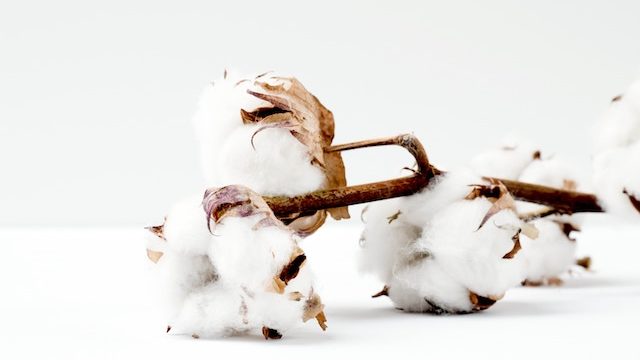While the Uzbek government has made progress in eliminating forced labor in the country’s annual cotton harvest, on-the-ground reports reveal that the problem has yet to be fully eradicated.
The Cotton Campaign and its partners investigated conditions in this year’s cotton harvest, finding that large-scale, government-implemented forced labor still occurred.
“Our monitors found that regional and district officials ordered state organizations and businesses to send employees or pay for replacement workers to pick cotton and sign statements stating they were working voluntarily,” said Umida Niyazova, Director of the Uzbek-German Forum for Human Rights (UGF).
“Some of the forced pickers were from republic-level law enforcement and military agencies, which could not have sent employees without authorization from the central government.”
A statement from Cotton Campaign explains:
-
There were some reports of punishing local officials for orchestrating forced labor. However, for the 2018 harvest, the central government continued its system of imposing cotton production quotas on regional and local officials. As a result, more than 100 such officials were punished for “deficiencies in organizing the cotton harvest,” a term used for failing to fulfill cotton quotas.
-
The government increased wages paid to pickers resulting in more voluntary pickers, especially early in the season when cotton is more plentiful and earning potential is high. But evidence demonstrated that the number of voluntary pickers dropped as available cotton decreased and weather worsened, which induced officials to resort to forced labor to meet their quotas and avoid punishment.
-
Numerous pickers worked voluntarily, but many voluntary pickers preferred to be hired as replacement pickers by those forced to pick or pay so they could earn replacement fees in addition to wages for cotton picked, demonstrating that national picking wages set by the government are still too low.
-
Health and education employees were not mobilized en masse, though some were forced to work at the end of the harvest. Nonetheless, most major government enterprises and agencies, including factories, grain mills, utility companies, banks, law enforcement, and government services, required their employees to pick cotton or pay for replacement pickers from the beginning of the harvest. Thousands of these employees were sent to supply pickers to low population regions where they lived in field camps, public buildings, or train cars.
Bennett Freeman, Co-founder of the Cotton Campaign, explained that the reports show that it is premature to claim that forced labor is no longer taking place in Uzbekistan.
“Although we have seen encouraging areas of progress in this harvest, it is premature to declare success in dismantling a system of production relying on massive forced labor that has been in place for decades,” he said.
“There is indeed a significant transition underway, but it will take several more years to end systemic forced labor and to implement critical structural reforms, such as ending the quota system, establishing incentives for employing only voluntary labor and enforcing accountability for officials who use forced labor.”







Freedom United is interested in hearing from our community and welcomes relevant, informed comments, advice, and insights that advance the conversation around our campaigns and advocacy. We value inclusivity and respect within our community. To be approved, your comments should be civil.